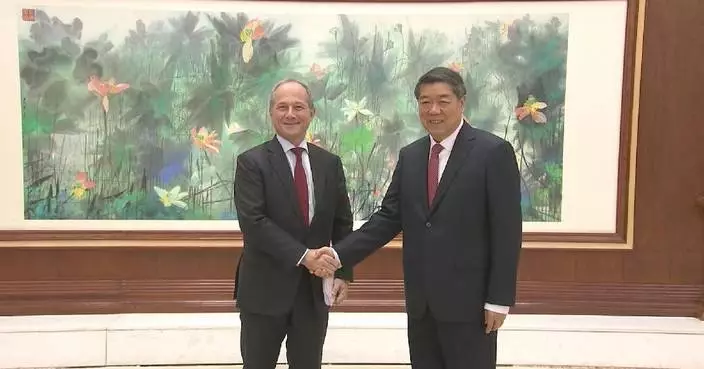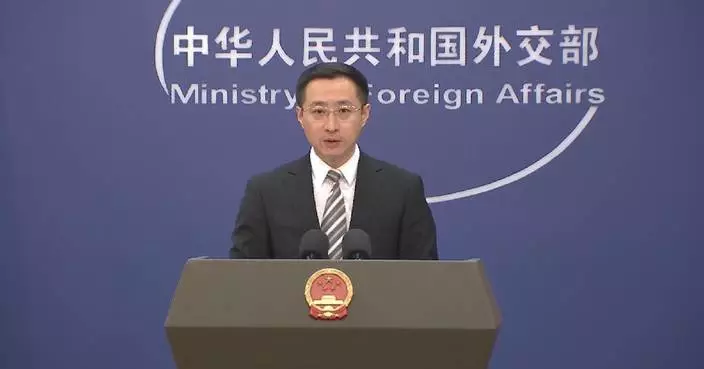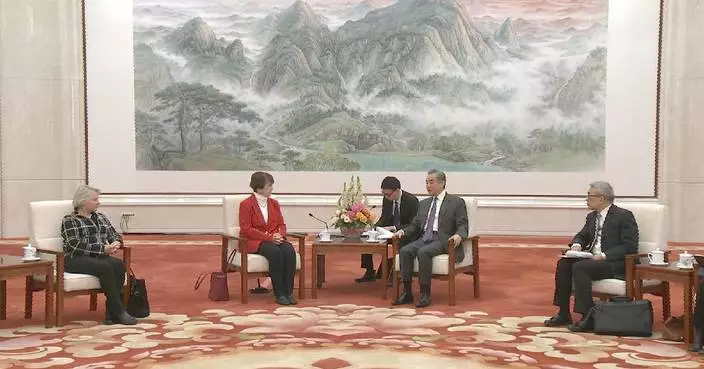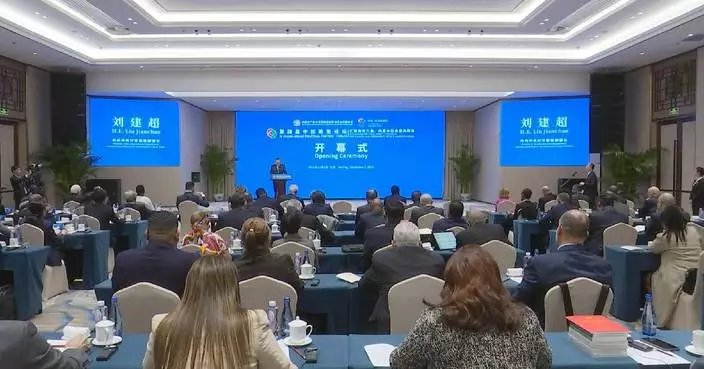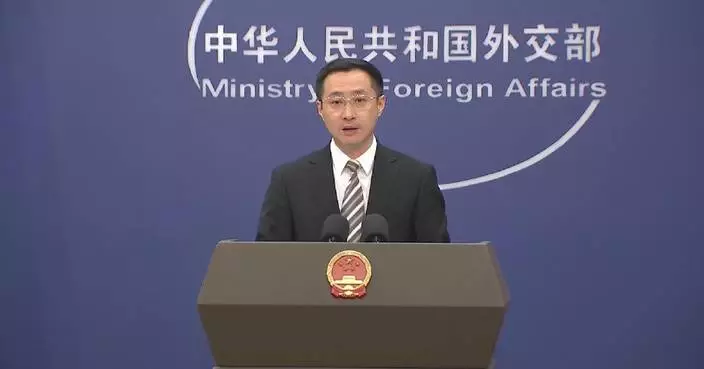Collective efforts made by the international community is the key to realizing ambitious targets listed in the Kunming-Montreal Framework, and China has been devoted to the undertaking, said Dr. Zhu Da, the China Country Director of The Nature Conservancy.
The 16th meeting of the Conference of the Parties to the UN Convention on Biological Diversity (COP16), which began on Oct 21 and runs through Nov 1 in the Colombia's southwestern city of Cali, brings together more than 15,000 people from over 190 countries, including global environmental ministers and ecological experts, making it the most attended event of its kind since the conference began in 1994, UN officials said.
In an exclusive interview with China Global Television Network (CGTN), Zhu shared his thoughts on global biodiversity protection efforts, and the challenges presented.
"It is a group of actions and also a group of community stakeholders' participation and also needs a huge financing to benefit that. It is estimated that 1 trillion U.S. dollars per year needs to go into a biodiversity conservation. And how the government, how the private sector, how the community work together on that? Some of the countries are moving much better than others. For example, China has taken some of the leading roles both in the policy regulation as well as a lot of the private sector participation. But how the international community to go together is a key," Zhu said. Zhu said the world should make collective efforts to bridge the funding gap.
"That's like a collective effort. Among this Kunming-Montreal Biodiversity Framework, the international community do encourage funding flow towards the developing countries and also a lot of the governments have put into their physical budget and also promoting a lot of private sector participation as well. How do they plan their biodiversity conservation, how do they participate it, and more importantly is their economic activities, their investment being nature positive, be biodiversity positive. If you design economic activities in the way that is biodiversity positive, it can be multi-benefit, can be benefit to their own economic activities, can [be] benefit to the communities as well. I think only people working towards that direction can we achieve the goal," he said.
China has long taken initiatives to protect its biodiversity and environment, as the country has put climate and the environment at the forefront of its policy making.
"What China is taking a several initiative and one of the significant initiatives for biodiversity conservation is a national park system, and China has a target by 2030 to establish one of the largest national park system in the world, and the government and related agencies are taking action toward that," he said.
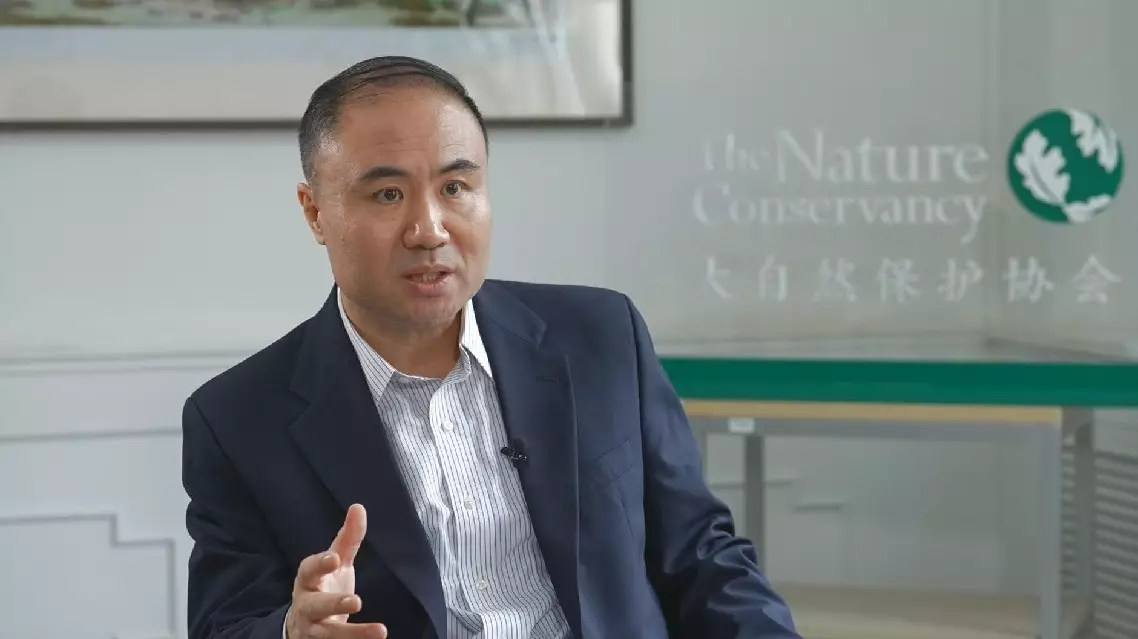
Collective efforts of int'l community key to biodiversity conservation: official



